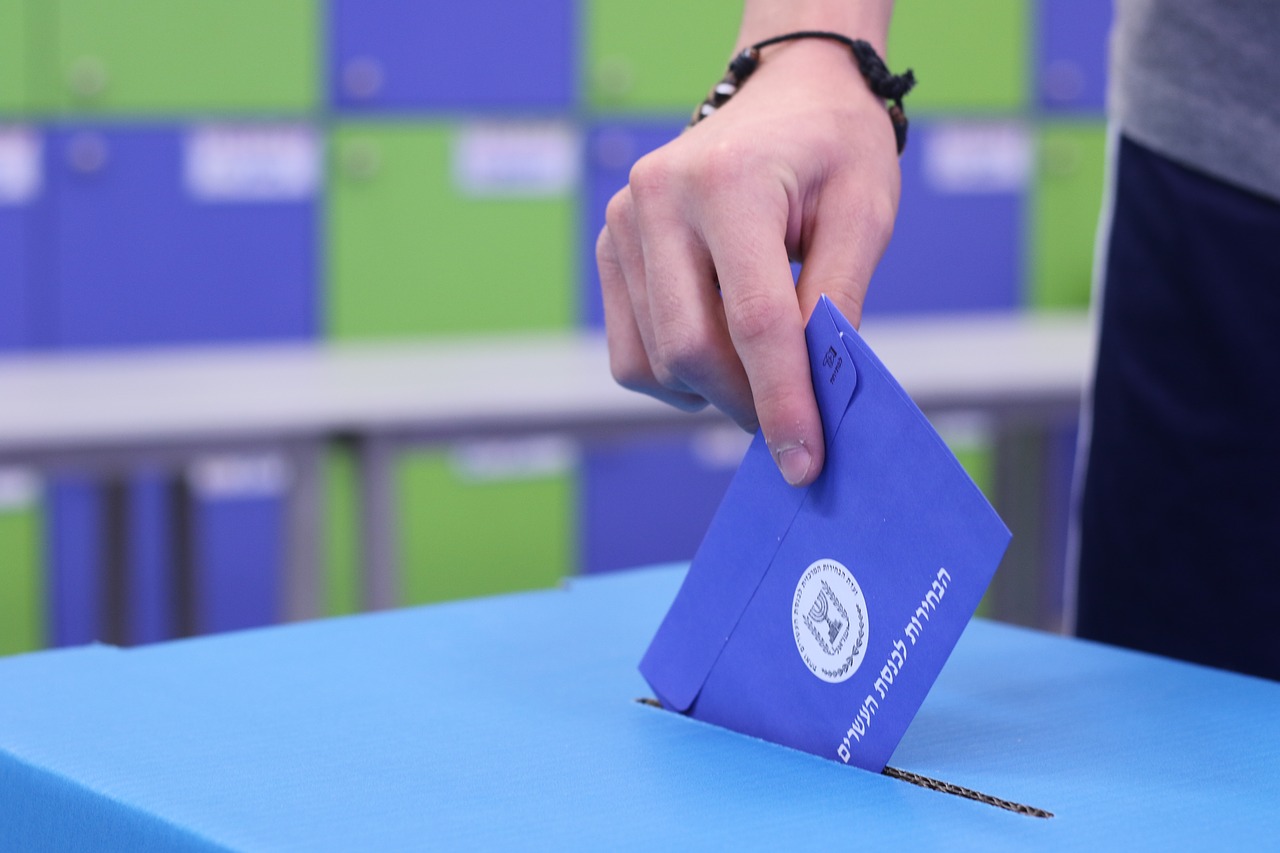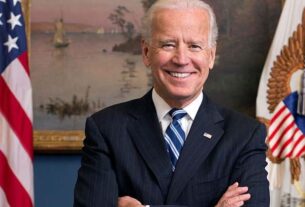Netanyahu and Gantz face off again in an election that seems on course to end like the previous two ballots – with neither candidate able to muster a majority of lawmakers in order to form a government

#IsraelElections: Israelis began voting Monday in the country’s unprecedented third election in less than a year, deciding whether Prime Minister Benjamin Netanyahu remains in office despite his upcoming criminal trial or whether his rival and former IDF chief Benny Gantz can finally oust him after two previous attempts.
Voting opened in 10,631 polling stations across the country at 7am; they remain open until 10pm to allow 6,453,255 eligible voters to cast their ballots.
Smaller communities in which there are less than 350 voters, prisons and hospitals are open from 8am to 8pm.
There are also some 16 specially designated polling stations for the thousands of Israelis that have been placed in home-quarantine after possible exposure to the coronavirus. They are open from 10am to 5pm.
With voter fatigue clearly a factor, turnout could prove to be decisive. Election Day is a national holiday and Israel usually boasts one of the highest voter turnouts among Western democracies.
But the repeated voting and fears of coronavirus, which has so far has been kept largely in check, look to hinder turnout.
Netanyahu, the longest-serving leader in Israel history, has been the caretaker prime minister for more than a year as a divided Israel has weathered two inconclusive elections and prolonged political paralysis.
With opinion polls forecasting another deadlock, Netanyahu is seeking a late surge in support to score a Knesset majority along with other nationalist parties that will deliver him a fourth consecutive term in office, and fifth overall.
He faces a stiff challenge once again from Gantz, whose centrist Blue and White party is running even with Netanyahu’s Likud on a campaign message that tprime minister is unfit to lead because of the serious charges against him.
With both parties appearing unable to form a coalition with their traditional allies, and the prospect of a unity government between them seemingly off the table, Monday’s vote may well turn into merely a preamble to another election.
There was little fanfare in the days leading up to the vote, with a noticeable absence of campaign posters on the streets and public rallies that typically characterized the run-up to Israeli elections.
Netanyahu has tried to portray himself as a statesman who is uniquely qualified to lead the country through challenging times. Gantz has tried to paint Netanyahu as divisive and scandal-plagued, offering himself as a calming influence and an honest alternative.
Gantz says he favors a national unity government with Likud, but only if it rids itself of its longtime leader because of the corruption charges against him. Netanyahu, who still enjoys widespread support in his party, insists he must remain prime minister in any unity deal.
With his career on the line, Netanyahu has campaigned furiously. He’s taken a hard turn to the right in hopes of rallying his nationalist base, promising to expand and annex West Bank settlements. His surrogates have spread unfounded allegations claiming his opponent is corrupt, unstable and susceptible to blackmail by Iran.
Opinion polls forecast similar results to the previous two stalemates, and the deadlock raises the possibility of a fourth election in quick succession.
Yisrael Beytenu leader Avigdor Liberman once again looms as a potential kingmaker, with neither Netanyahu nor Gantz able to secure a Knesset majority without his support. Liberman has not committed himself to either candidate, though he has promised there will not be a fourth election.
Netanyahu is desperate to score a narrow 61-seat majority with his hard-line religious and nationalist allies before heading to trial two weeks later.
Netanyahu has failed to secure himself immunity from prosecution, but with a stronghold on power, he could seek other avenues to derail the legal proceedings against him.
Netanyahu goes on trial March 17 for charges of bribery, fraud, and breach of trust stemming from accusations he accepted lavish gifts from billionaire friends and promised to promote advantageous legislation for a major newspaper in exchange for favorable coverage. He vowed he will prove his innocence in court.
Official results are projected to come in overnight.
That’s when the real jockeying may get underway, with attention shifting to President Reuven Rivlin who is responsible for choosing a candidate for prime minister. He is supposed to select the leader who he believes has the best chance of putting together a stable coalition.
The honor usually goes to the head of the largest party, but not necessarily. Just as important, is the number of lawmakers outside his own party who recommend him to the president.
Rivlin’s selection will then have up to six weeks to form a coalition. If he fails, another candidate then has 28 days to form an alternative coalition. If that effort fails, new elections would be forced.
It’s a procedural process that remained hypothetical for Israel’s first 70 years of existence until it played out after the last election in September. Should results match current opinion polls, and all the major players stick to the campaign promises, it may well repeat itself.
Read more about: 2020 Elections, Elections in Israel



